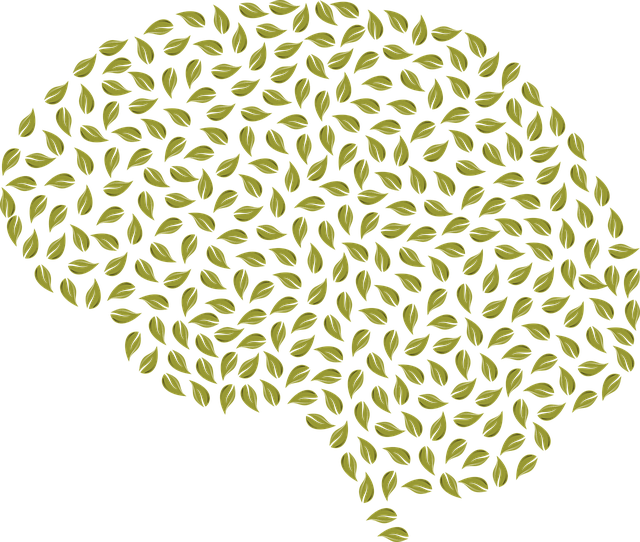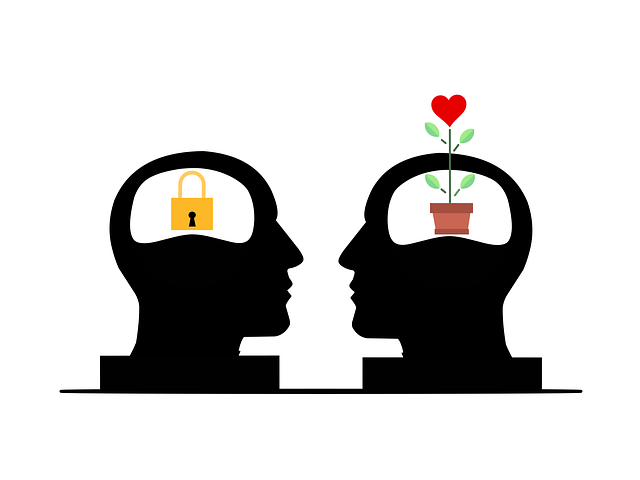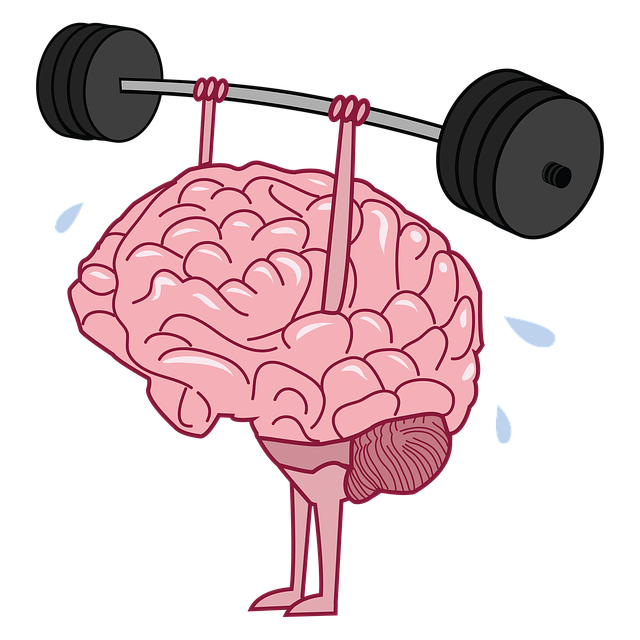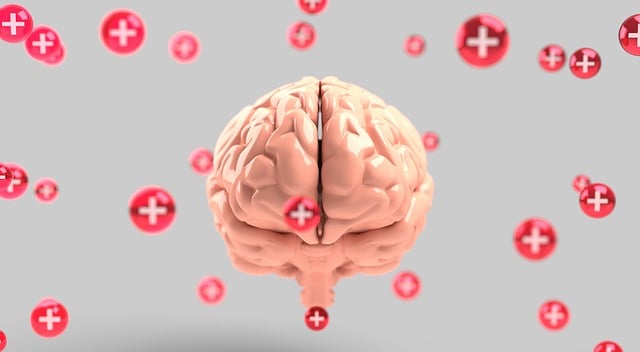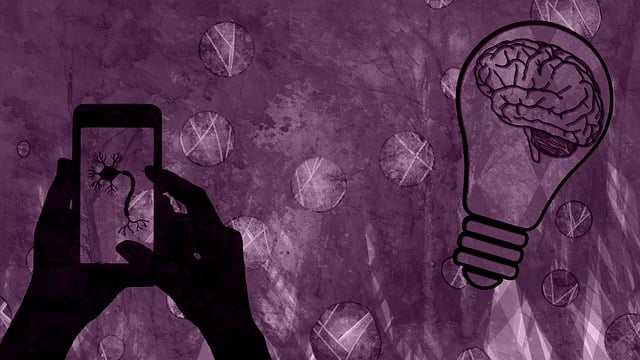Tailored therapy for adolescent teens (13-19) addresses unique challenges like academic pressures, peer issues, and identity formation, which contribute to anxiety, depression, and self-esteem problems. Skilled facilitators create safe spaces through structured discussions and interactive activities, encouraging emotional intelligence and self-awareness. Cultural sensitivity and risk management planning ensure inclusivity and safety. Building trust, acceptance, and resilience through active listening and emotion validation empowers teens to navigate emotions and foster healthy relationships for a brighter future.
Mental wellness group facilitation plays a pivotal role in addressing the unique challenges faced by adolescent and teen mental health. This article delves into essential techniques designed to support this vulnerable demographic, focusing on understanding their specific needs. We explore effective group facilitation strategies, emphasizing the creation of safe spaces to foster resilience in teens. By employing tailored therapy methods, facilitators can empower young individuals to navigate emotional hurdles, promoting overall well-being for adolescent and teen mental health.
- Understanding Adolescent and Teen Mental Health Needs
- Group Facilitation Techniques for Effective Support
- Creating a Safe Space: Strategies for Facilitators to Nurture Resilience in Teens
Understanding Adolescent and Teen Mental Health Needs

The mental health landscape for adolescents and teens is distinct and requires tailored approaches. This demographic often faces unique challenges that can impact their emotional well-being, such as academic pressures, peer relationships, and identity formation. Many youth struggle with issues like anxiety, depression, and self-esteem problems, which may manifest differently than in adults. Facilitators play a crucial role in creating safe spaces for open conversations, encouraging positive thinking, and teaching valuable emotional intelligence skills.
Understanding these specific needs is essential when employing therapy techniques for adolescent and teen mental health. By incorporating strategies that promote emotional well-being, facilitators can empower young individuals to navigate their emotions effectively, build resilience, and foster healthy relationships—all of which contribute to a brighter and more balanced future.
Group Facilitation Techniques for Effective Support

Effective group facilitation is key to providing impactful therapy for adolescent teens and adolescents. One powerful technique involves creating a safe and inclusive environment that encourages active participation, fostering open dialogue about mental health experiences. Facilitators can use icebreakers, interactive activities, and structured discussions to promote self-awareness exercises, allowing young individuals to explore their emotions, thoughts, and behaviors in a supportive setting.
Additionally, cultural sensitivity in mental healthcare practice is crucial when facilitating these groups. Understanding and respecting diverse backgrounds, beliefs, and experiences ensures that all adolescents feel seen and heard. Incorporating culturally relevant activities and addressing unique challenges specific to different communities can significantly enhance the therapeutic experience for adolescent and teen clients. Furthermore, risk management planning for mental health professionals is essential to ensure the safety of both facilitators and participants during group sessions.
Creating a Safe Space: Strategies for Facilitators to Nurture Resilience in Teens

Creating a safe space is paramount for facilitators when working with adolescent teens in therapy sessions. This involves cultivating an environment where teens feel accepted, understood, and supported. Facilitators can employ various strategies to nurture resilience, such as active listening, validating emotions, and encouraging open communication. By fostering trust and promoting self-care practices among teens, they are better equipped to navigate challenges and develop healthy coping mechanisms.
Incorporating burnout prevention techniques is also crucial for the long-term well-being of adolescent and teen participants. Facilitators should be aware of their own boundaries and ensure they create a balanced atmosphere that encourages both mental health policy analysis and advocacy within the group setting. This includes regular check-ins, mindful activities, and teaching teens practical tools for stress management and emotional regulation.
Mental wellness group facilitation plays a pivotal role in addressing the unique challenges faced by adolescent and teen mental health. By employing techniques that foster resilience, understanding, and safe spaces, facilitators can significantly enhance the effectiveness of therapy for young individuals. Group support enables teens to navigate their emotional journeys collectively, promoting open communication and peer-to-peer learning. This approach not only complements traditional therapies but also empowers adolescents with coping mechanisms for long-term well-being, ensuring a brighter future.
